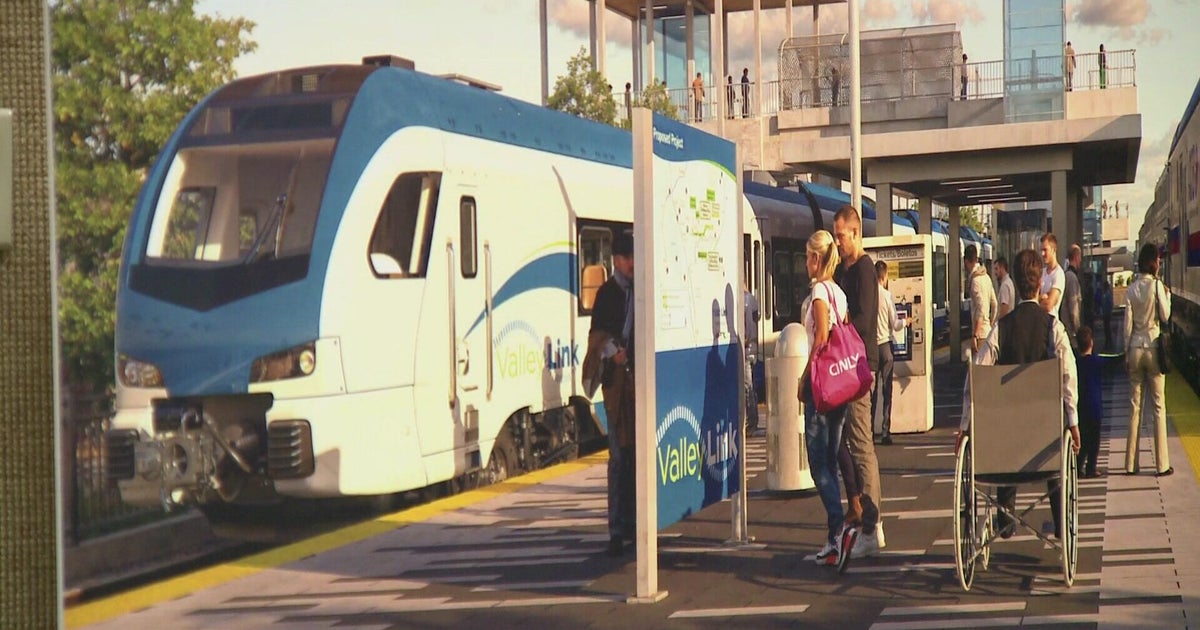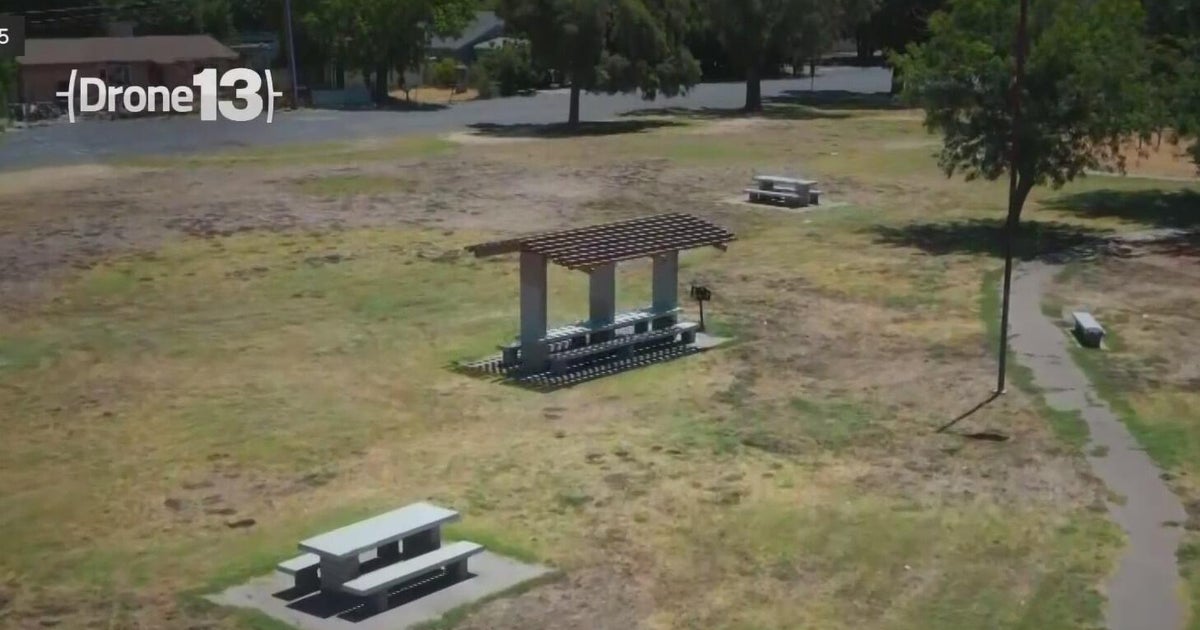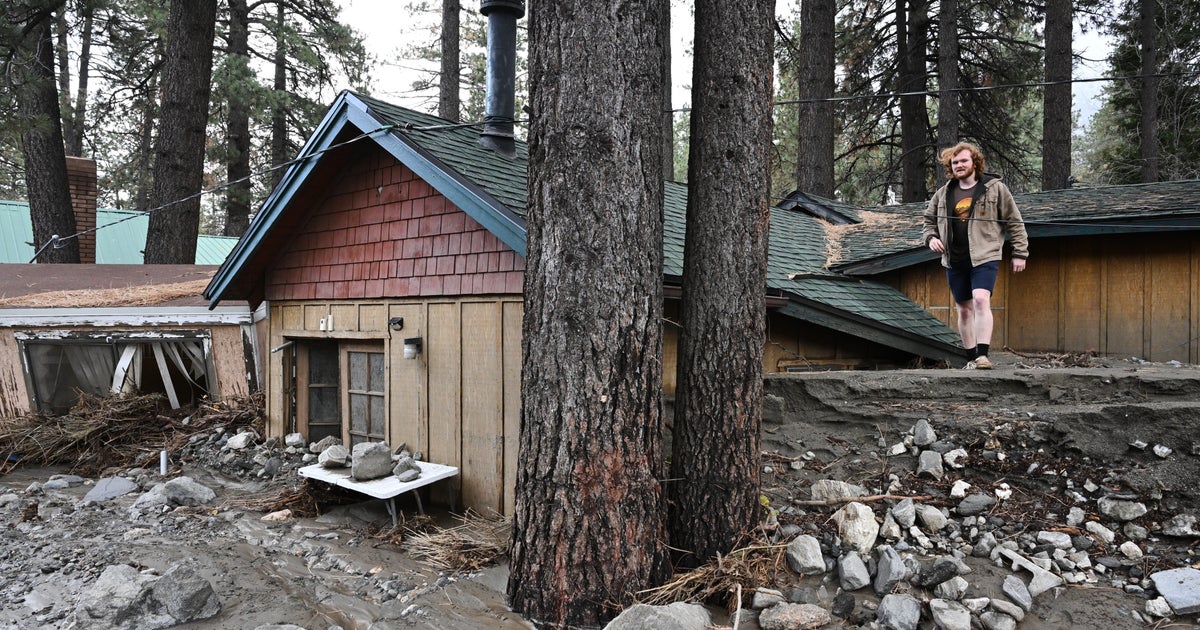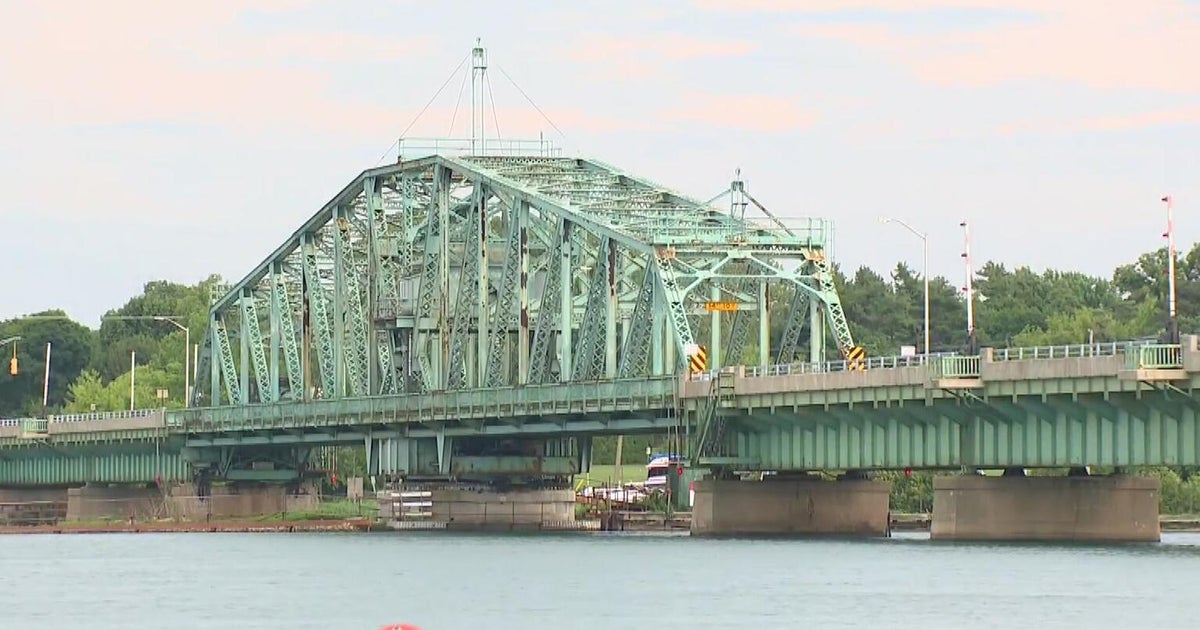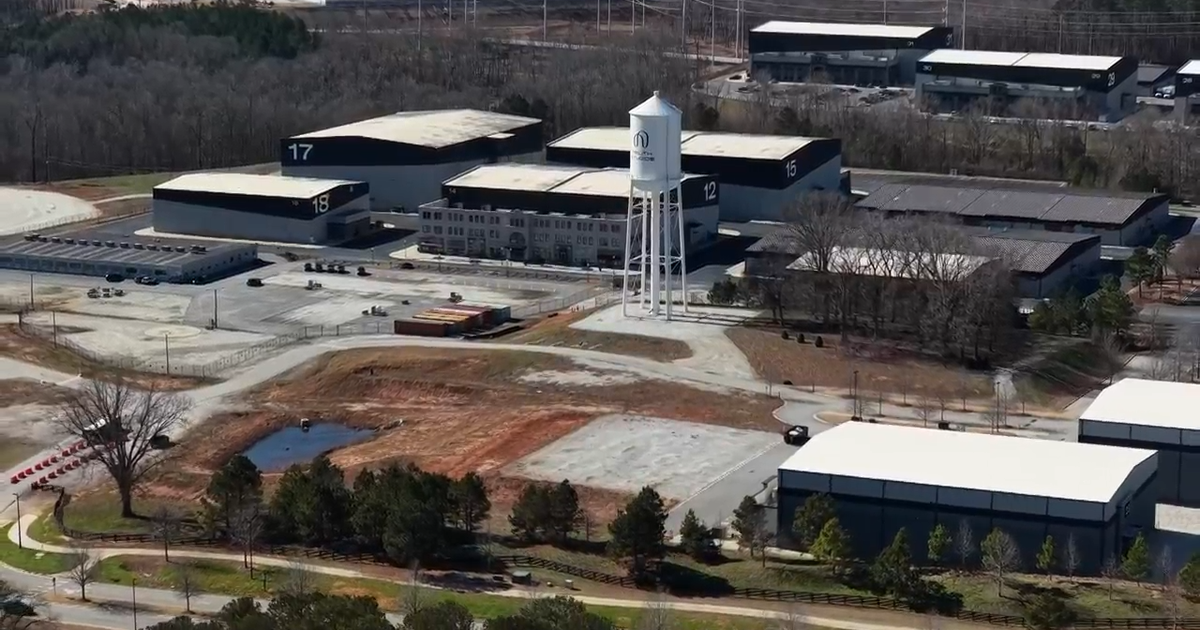Certain day use areas in Mokelumne River remain closed
CLEMENTS -- Down on the Mokelumne River one man is hoping to go fishing. As CBS13 is filming a story, he notices the closed gates and turns around in disappointment.
From Stillman Magee Park to the Moklumne River day use area, recreational access is closed through the Fourth of July weekend.
"We've seen again that just those water levels remain high," says Tiffany Heyer of the San Joaquin Office of Emergency Services. "The water is still fast, it's very very cold. So again we want to keep people safe and not have to send out first responders in to go rescue people."
Up in this area of the river, flows are dependent on what comes out of Camanche Reservoir. But this particular section does not usually receive this much water.
"It's a smaller area," says Heyer. "It's a lot more of that water contained in that small area. We don't want people that are gonna be going in areas that maybe typically would be a couple inches of water that you could walk into and play around in that are several feet deep at this point."
But what exactly does cubic feet per second mean?
"We went up to about 4000 cubic feet per second or cfs," explains Chuck Beckman of the East Bay Municipal Utilities District. "That's about 4000 basketballs passing one point per second."
Currently, this section of the Mokelumne moves at 2500 cubic feet per second. But why do other rivers that move faster seem to be open just fine?
"The much wider river channels they have more capacity," answers Beckman. "The narrower a river channel and the more water that's in it. The faster the water will flow."
During holiday weekends, San Joaquin County Sheriff's are enforcing the park closures with trespassing charges. Private residences that have river access still have the ability to go into the river but do so at their own discretion. Both agencies hope that conditions change enough so the river can be open sooner rather than later.
"The river is just a wonderful attraction we want to see them be able to access it and float it like they do every summer," Beckman says. "We just want to make sure it's safe to do so before we open it."
